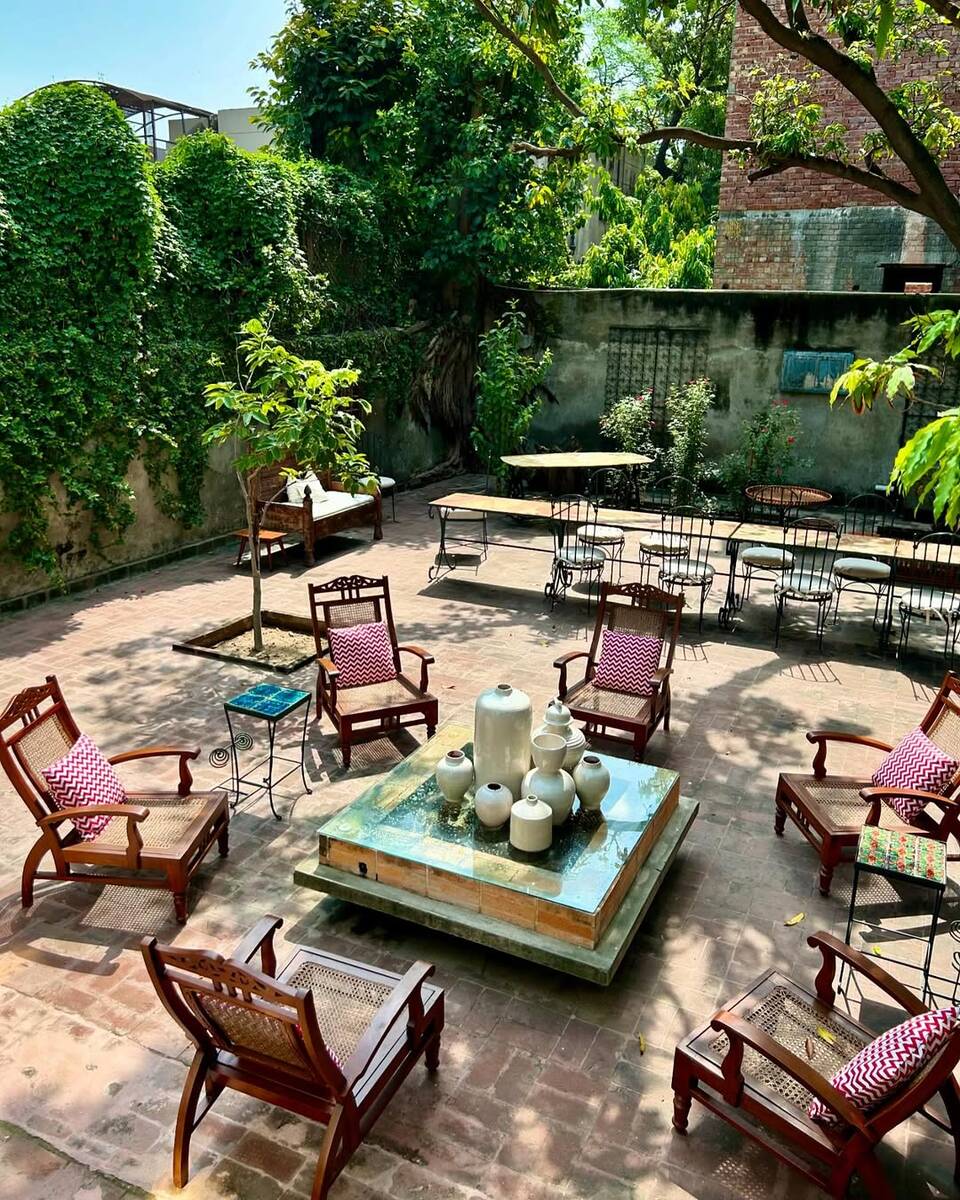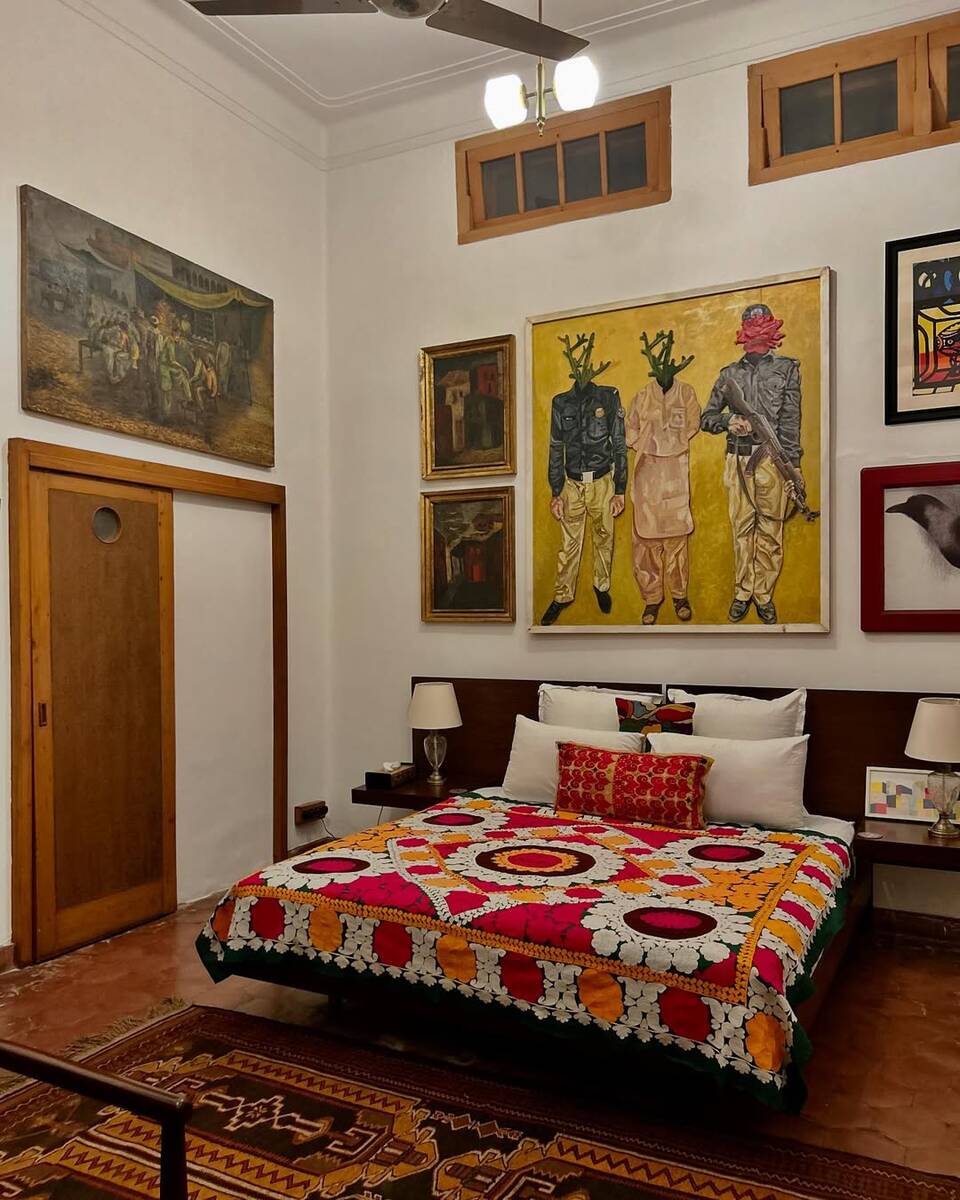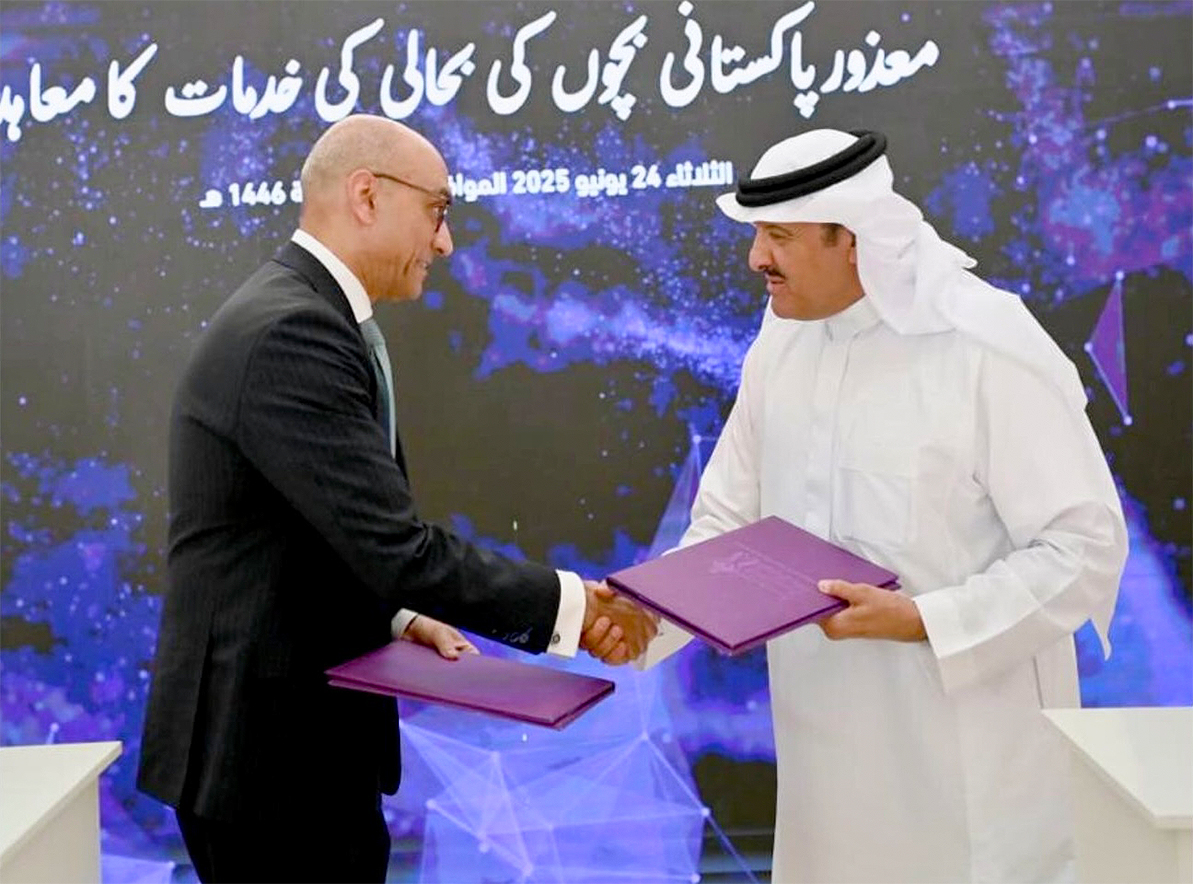KARACHI: Anila Khan, a 33-year working woman living in the southern Pakistani city of Karachi, is scheduled to undergo surgery in March but her plans to go under the knife were shattered, when she came to know that she has been a victim of a multimillion ballot committee (BC) scam and has lost her deposit of Rs150,000 ($672), instead of receiving Rs600,000 ($2,688) for her surgery.
Khan is one of hundreds of victims of the Ponzi scheme, which has so far not been officially reported to the authorities.
The BC is an ages-old traditional method of saving outside of banking systems in which individuals pool money, often without any written record. Under the mechanism based on mutual trust, an individual receives the amount on their turn every month and it goes on until all the people involved are paid off their due sums.
Khan, who had been a regular depositor since September, didn’t know that her plans would fall apart until she came across a “public apology” on the Facebook account of Sidra Humaid, the woman behind the now-famous Ponzi scheme, which has swindled hundreds of people, mostly women, of approximately Rs430 million ($1.93 million) as per the victims’ estimations.
“She deceived me. She threw us into hell,” Khan told Arab News this week. “I am distraught and feel like being backstabbed.”
She said she was not even sure of getting back the amount she had deposited in the last three months, let alone a sum of Rs600,000 she was supposed to get on her turn.
In the Facebook post on November 27, Humaid informed her depositors she had “messed up” her committees and was now “practically bankrupt” with no means to pay the amount owed to them.
“To solve the monthly payments issue I had to start more committees and that eventually resulted in a rolling loop that had no end,” she wrote.
“Now I have to pay so much money that I cannot even calculate.”
Her post dropped like a bombshell on members of over 120 committees she was running, with each member pitching in from Rs5,000 to Rs400,000.
Humaid said if she was supported in her handcraft and home-cooked food businesses, she would be able to earn and pay off the amount.
“If my Croise and Daily Bites are allowed to continue and my customers, friends and loved ones still support my businesses, then I would be able to earn and pay off my loans,” she stated in the post.
But the treasurer did not have a plan or offer a timeframe to pay back people she had taken the huge sums of money from.
Humaid also said she or her family had no properties, and they wouldn’t run away, but the victims said they came to know of her travel history, including a few trips abroad, and later found out she had vacated her home in Karachi as well.
Humaid first began inviting people to join her BCs via Facebook some four years ago, according to victims. Members would deposit their amount into her bank account every month and each one of them would monthly receive a consolidated sum of BCs from the rest in their respective accounts on their turn.
Humaid would also create a WhatsApp account of members for coordination after the launch of a BC. All this continued without any complaints from members until August this year, when Humaid started failing to keep her commitments.
On December 6, she again took to Facebook and informed depositors she had requested a Karachi court to provide her security against what she called “continuous threatening calls, continuous visit of gunda (goon) sort of people” at her place.
Humaid’s counsel, Kamran Alam, told the court that his client was being accused of doing an online financial fraud even though she neither sold any product nor used any advertisement on online platforms.
To pursue their case, the victims said they created a WhatsApp group where people shared their distressing stories.
The WhatsApp group has now turned into a “mourning meetup” group, with voice notes of women crying and desperately asking for help.
“Sidra deceived us only after building trust for many years,” said Saima Gul, another victim of the Ponzi scheme.
“I had several successful BCs over the last three years, which prompted me to start a committee of Rs30,000 ($133) for myself and another wherein my brother would deposit Rs300,000 ($1,335).”
Gul said she was saving up money to perform Umrah, while her brother joined the BC to pay off the loan he had obtained for the construction of his home.
“Not only do our problems remain unsolved, but we also practically lost Rs1.1 million ($4,896) of our hard-earned money,” she said.
Another victim, Sonia Rashid, who contributed to a committee her share of Rs15,000 for two months, said when she listens to the stories of other victims, it makes her forget her own ordeal.
“There is a woman being kicked out by her husband. Another lady said she was contemplating suicide,” Rashid told Arab News.
“A working lady started BC of Rs50,000 ($222) per month for her marriage next November, she cries at night after disclosing it to her brother. You can’t imagine our pain. This lady has robbed us of our dreams.”
Arab News tried reaching Humaid on her mobile phone, but it remained switched off on Thursday and Friday.
Victims say Humaid occasionally comes online on WhatsApp groups to assure them of returning their money. Many of them are not even sure if they will get back their money in the absence of a written agreement.
But Omar Memon, a noted lawyer in Karachi, said a formal agreement was not necessary for every financial matter.
“As per the law, there can be a verbal agreement. All one needs is circumstantial evidence of the financial relationship,” he told Arab News.
Memon suggested that the victims should immediately approach the Federal Investigation Agency (FIA), whose cybercrime and financial crimes wings deal with such issues.
“The victims should also approach the State Bank of Pakistan (SBP), which may check the bank accounts [of Humaid] and freeze them,” he said.
“The central bank will see if she has laundered any amount abroad and will also check the possibility of funding any proscribed organization.”
When contacted, Shehzad Haider, a deputy director at the FIA cybercrime wing, said the agency had not received any complaint regarding the matter.
Abid Qamar, an SBP spokesman, said such saving schemes prevail outside of the banking systems only due to a lack of knowledge on people’s part.
“People should utilize the presence of the banking sector which offers various instruments for saving purposes,” he said.
Editor’s note: The names of the victims have been changed on their request.


















